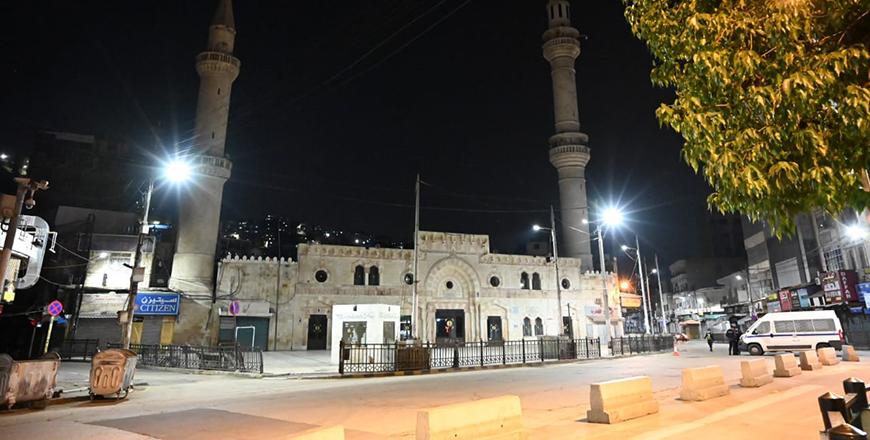- Local News
- Thu-2020-04-16 | 03:48 pm

"The suspension of Friday prayer and all group prayers in mosques is a preventive measure that harmonises with the Sharia [Islamic law] to preserve people’s lives, reducing the spread of the pandemic and the number of the infected, which quickens the process of life returning to normal,” the statement said.
Therefore, committing to the instructions issued by governors in this regard is considered both a legal and sharia duty for the benefit of the public and the country, according to the statement.
"Violating instructions and allowing emotions to take over by gathering to perform group prayers or Friday prayer in neighbourhoods is against the Sharia and a sin…because the act causes the pandemic to spread among people, which could cause the death of some,” the Iftaa department said.
The statement said that even in normal circumstances, people were allowed to miss Friday prayer at mosques if they were sick, travelling or during rainfall, and the same applies in Ramadan and for Taraweeh under the current exceptional circumstances.
The prayer can be performed at home individually or as a group of the people who live together in the same home; and Taraweeh prayer still must be performed at home even while suspended at mosques for the safety of the public, the statement said.
With regards to visiting relatives and others before, during and after Ramadan, the Iftaa Department said that phone calls and messages are sufficient to commit to social distancing, which is necessary to combat the spread of COVID-19.
On the department’s Facebook account, Amer Aness commented, "Although it is painful not to be able to go to mosques to pray the five main prayers and Taraweeh, the human soul remains more important in religion, and in regards to visiting relatives and loved ones, all we have is patience.”
Nouh Abu Maen wrote, "We need to be happy and positive in Ramadan regardless of the circumstances. Do not fill your social media profiles with wailing and depression. Mosques are closed temporarily but one can always stay close to God.”
"We should not be sad, it is a sort of worship to prevent harm from affecting others,” Ibtisam Abdel Ghani also wrote.
Ghadeer
Alabous commented, "The suspension of prayer at mosques is 100 per cent
sound. The goal is to preserve human life, and I hope people actually
commit to this and be responsible.”










